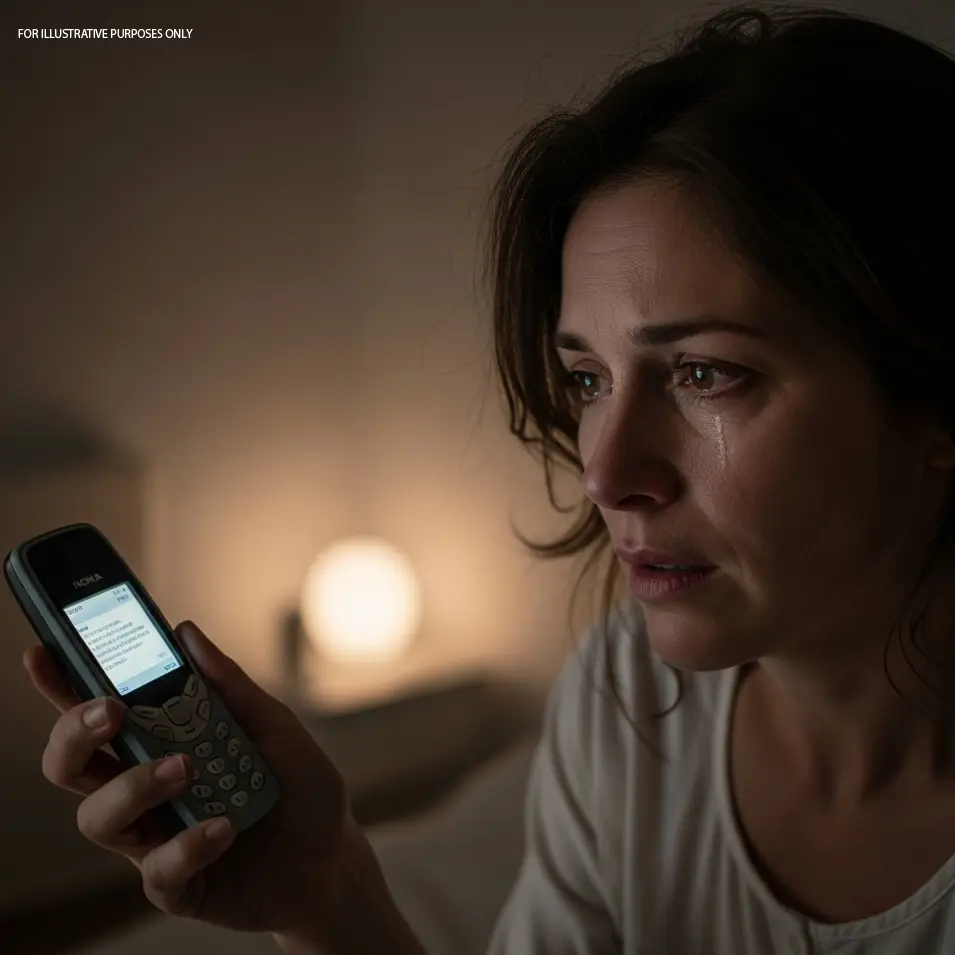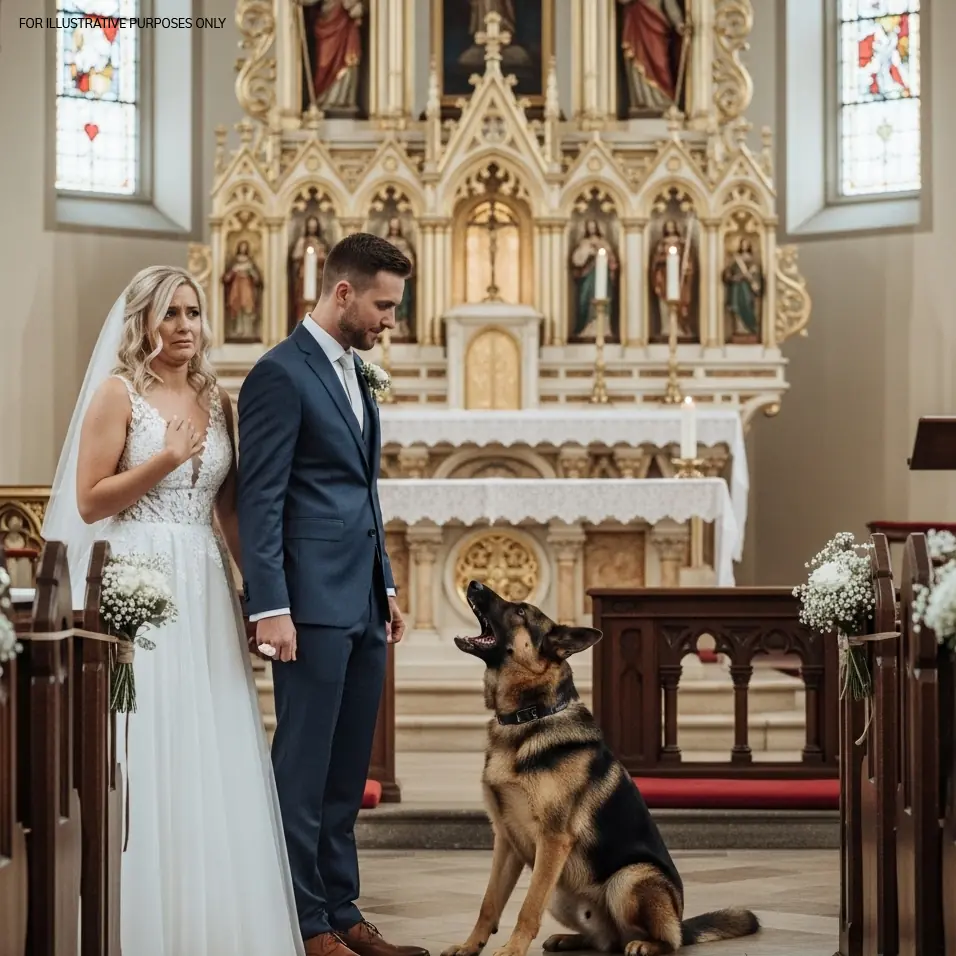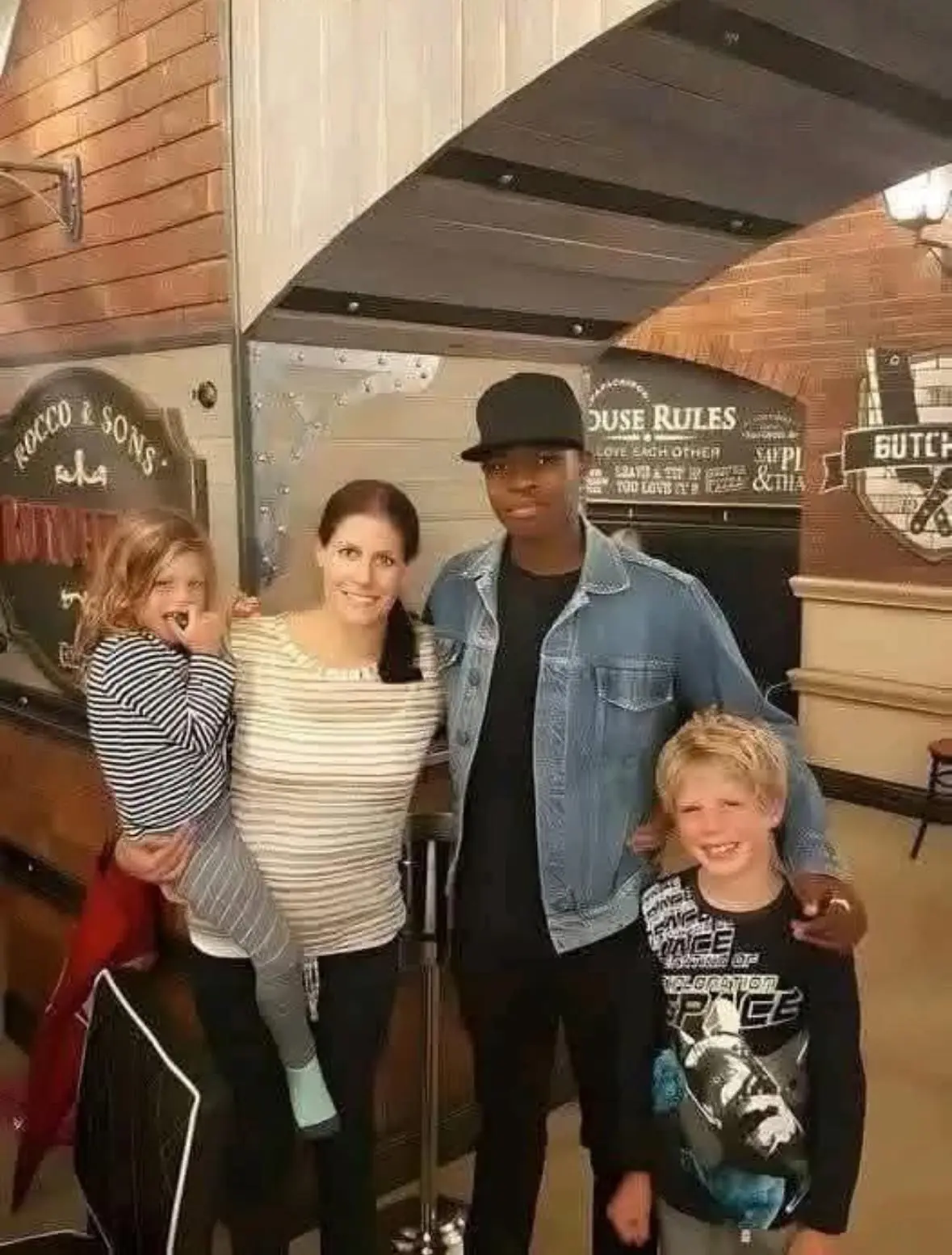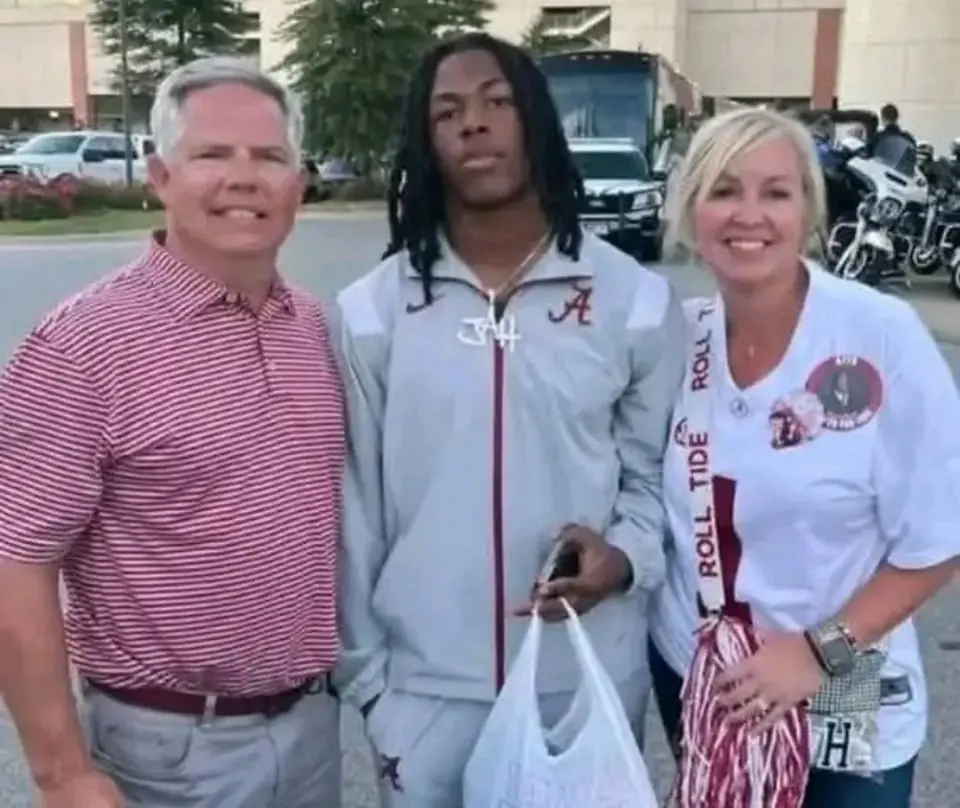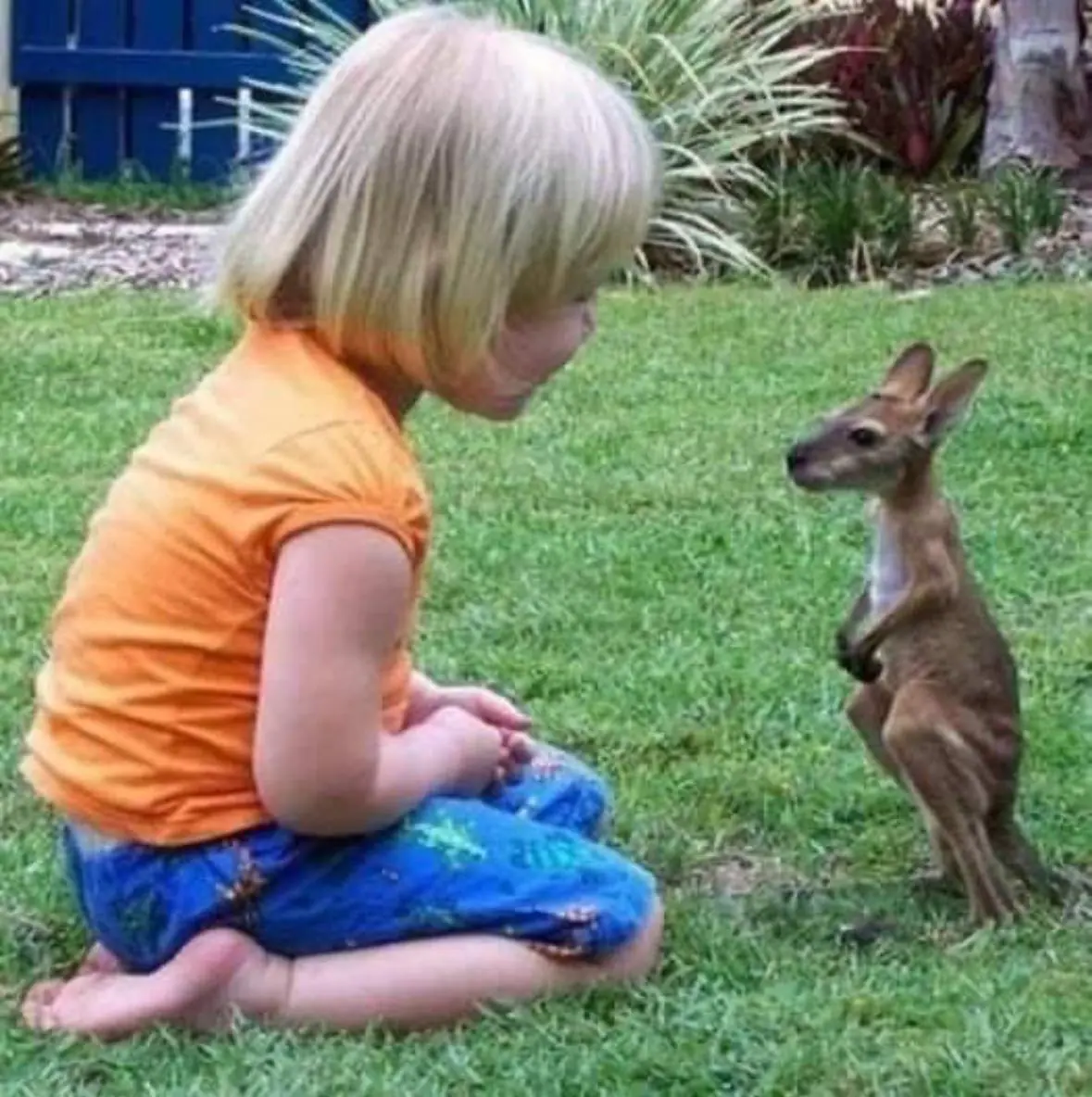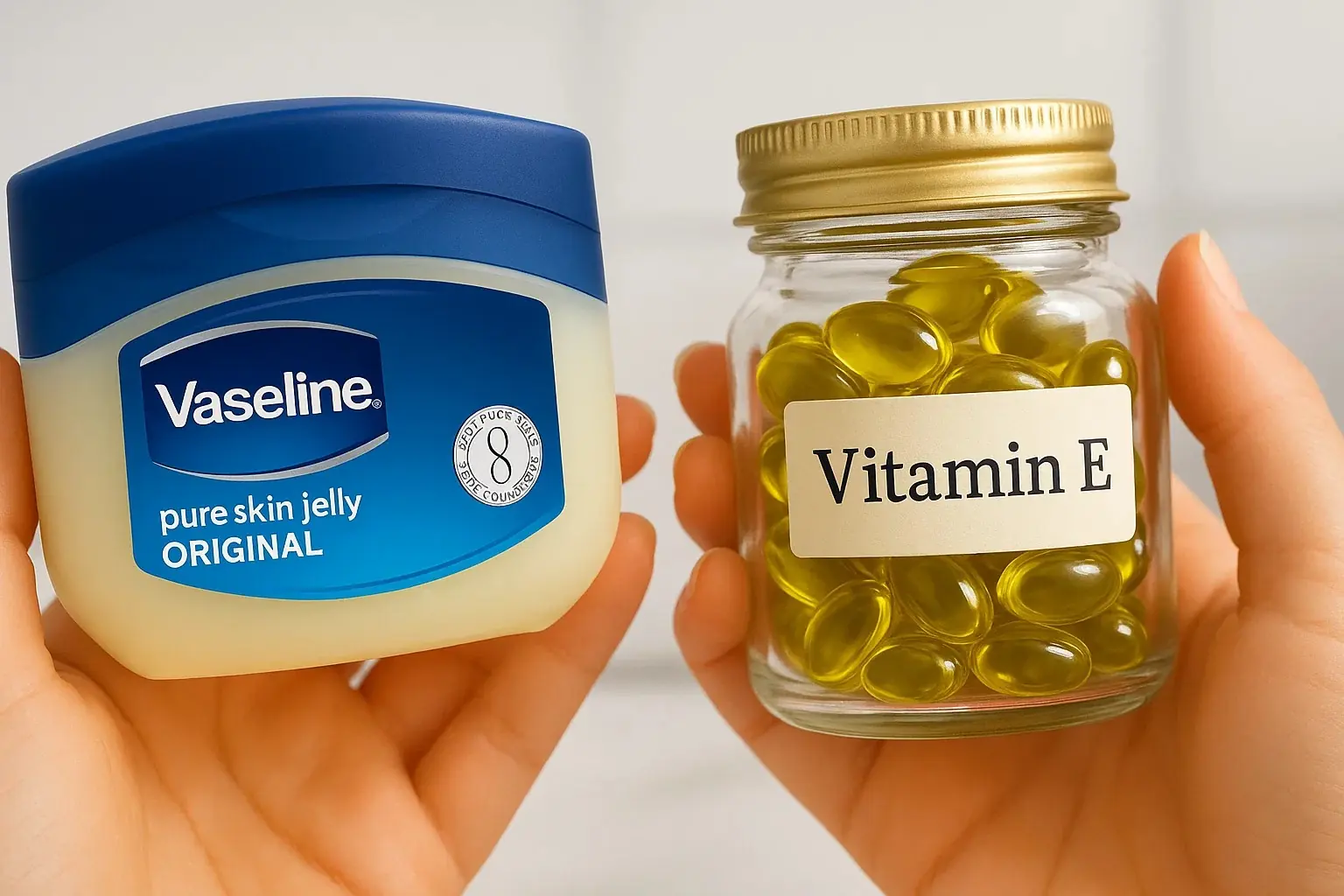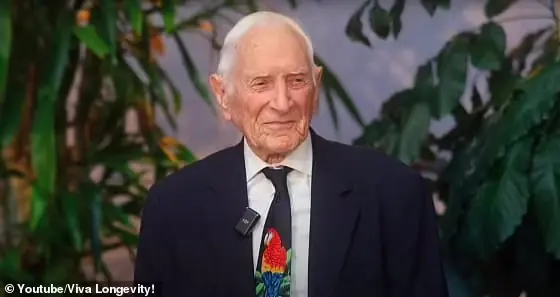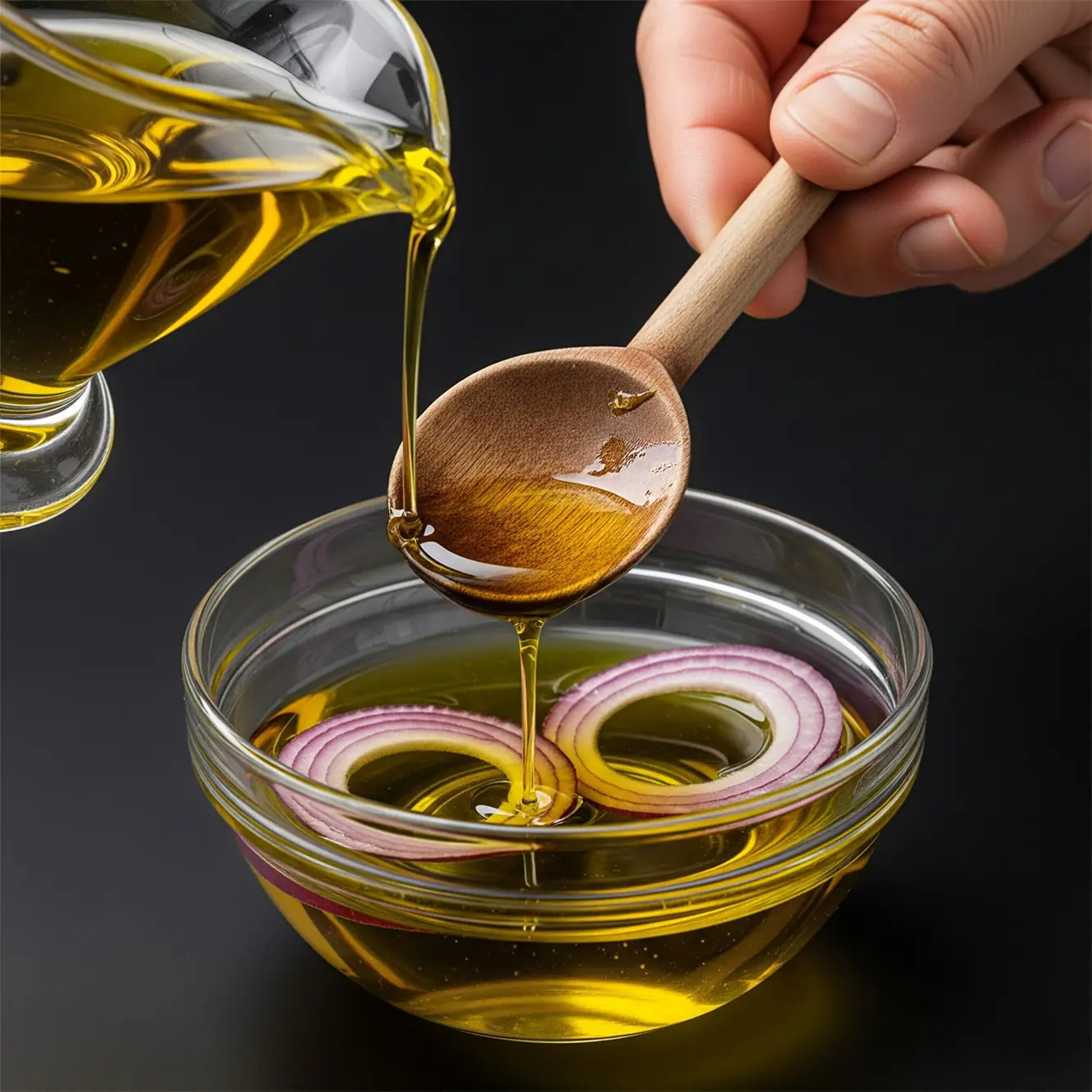A woman is forced to confront a t0xic friendship when she refuses to let her friend borrow her car for a second time. What happens when kindness is taken for granted, and boundaries are finally set?
 Part I: The Car That I Loved
Part I: The Car That I Loved
I, Emma, was 27 years old, and I had a decent used car—nothing fancy, but it was mine, and I worked hard to pay it off. I had no interest in luxury cars or showing off. I wasn’t the type to flaunt wealth or material things. But my car was something I took great pride in. It was reliable, comfortable, and it got me where I needed to go, day in and day out. I made sure it was in good condition—regular maintenance, keeping it clean, no trash or clutter inside. I knew it wasn’t the flashiest car, but it was mine, and that was enough.
It was more than just a mode of transportation; it was my lifeline. I depended on it for work, for my independence, and to get from place to place without relying on anyone else. It was a symbol of the hard work I had put into my life—my achievements, my sense of responsibility, and my growing sense of self-worth. I loved my car, and I kept it that way.
Part II: The First Favor
Then, there was Sarah—my friend of many years. We met back in college and had been close since then. We had a shared history, plenty of good times, and a bond that, for the most part, had felt strong. But as time went on, I began to notice something about Sarah. She could be a little... self-centered at times.
She often took more than she gave. She didn’t seem to notice, but I did. She’d ask for favors, borrow things, and if you didn’t keep track, you’d end up giving more than you should. But despite all of this, I considered her a friend. I told myself it was just a phase, that she would grow out of it, and I didn’t want to be petty.
A few months ago, Sarah’s car broke down, and she asked if she could borrow mine for a weekend trip. I hesitated at first. I had always been protective of my car, and I wasn’t sure she’d treat it with the same care I did. But we’d been friends for years, and I wanted to help her. After some back and forth, I reluctantly agreed.
“You know, I’m trusting you with this,” I said, trying to keep my tone light, though my stomach twisted a little. “Just make sure to take care of it. Fill the gas tank when you’re done, and keep it clean, okay?”
“Of course, Em! Thank you so much! I promise I’ll treat it like my own,” she said with a big smile, and I believed her.
Part III: The Return
Two days later, Sarah returned the car. At first glance, I didn’t think much of it. But as I approached it, I saw the details that made my bl00d start to boil.
The gas tank? Less than a quarter full. I had filled it to the brim before I let her borrow it. The back seat? Littered with fast-food wrappers, and the faint smell of fries lingered in the air. The floor mats? Caked with dirt and mud, as if she had driven through a rainstorm and not bothered to clean up afterward.
And the worst part—the scratch on the back bumper. It wasn’t there when I gave it to her. I knew it. I remembered the car’s condition perfectly. But when I mentioned it, she shrugged it off, “Oh, that scratch? It was already there when I got it. I didn’t even notice it until I got home.”
I didn’t say anything at the time. I was so pissed off that I couldn’t speak. I hated confrontation, and I didn’t want to make a big deal out of it. But I was hurt. I had trusted her, and she had disrespected that trust. I had given her something valuable, and she had taken it for granted.
Part IV: The Second Request
A few weeks later, I got a text from Sarah. She was asking if she could borrow the car again. Her tone was polite, but there was an underlying assumption that I would say yes.
I paused before responding. My first instinct was to say no, but I wanted to give her the benefit of the doubt. So, I replied, “I’m not really comfortable letting you borrow it again. I’ve been thinking about it, and I’m just not sure.”
Her response was almost immediate. “Oh, come on, Em! You know I wouldn’t do anything to mess it up again. I really need it, and you’re the only one I can ask.”
I sat there for a moment, staring at the screen. Part of me wanted to help, to be the supportive friend she expected me to be. But another part of me— a part I had ignored for too long— was telling me to stand my ground.
“I really don’t feel comfortable doing it,” I texted back. “I’ve had some issues with how you returned it last time, and I just don’t want to go through that again.”
She texted me back, and her tone shifted, becoming more insistent. “Are you seriously going to be like this? I thought friends help each other out. You’re not going to help me? After everything we’ve been through?”
The gu!lt h!t me immediately, and for a second, I felt my resolve falter. But then I remembered the state the car had been in. I remembered the lack of respect. The selfishness. This wasn’t about being a good friend—it was about boundaries.
“I’m sorry, Sarah, but I can’t do it. I don’t think you understand how much I care about my car and how much it means to me,” I texted, my fingers shaking as I typed. “I need you to respect that.”
Part V: The Confrontation
A few hours later, my phone buzzed again. This time, it wasn’t a text—it was a call. I knew what was coming. I answered, bracing myself.
“Em,” Sarah’s voice came through the phone, tense. “You really can’t let me borrow it? Just this once?”
I took a deep breath, trying to remain calm. “No, Sarah. I can’t. You didn’t take care of it last time, and I’m not going through that again. It’s not about you needing it, it’s about the respect I deserve.”
“I’m your friend, Em! I’ve always been there for you!” she shot back, her voice rising with frustration. “What kind of friend refuses to help someone who’s going through a tough time?”
“You’ve never respected my boundaries, Sarah,” I said, my voice trembling now. “You keep asking for things, and you never follow through. It’s not just about the car—it’s about the way you take and take, without ever giving anything back. I’m done being the person who always says yes. I’ve had enough.”
“Seriously?” she spat, her tone bitter. “You’re going to throw everything away over a damn car?”
“I’m not throwing anything away,” I replied, my voice steadying. “I’m setting boundaries. I’m taking care of myself for once.”
There was a long pause, and for a moment, I thought she was going to hang up. But instead, she let out a harsh sigh. “Fine. Whatever, Em. You don’t have to help me. But don’t expect me to forget this.”
“You’ll forget it the moment you realize that this isn’t about me being a bad friend. It’s about me respecting myself,” I said firmly. “I can’t keep allowing this to go on.”
Part VI: The End of a T0xic Friendship
The next few days were tense. Sarah didn’t reach out, and neither did I. I knew that this was the moment—the moment when I had to decide whether I wanted to continue this friendship. But I realized something important during those days of silence. Friendship shouldn’t feel like a constant battle to set boundaries. It shouldn’t feel like I’m always being taken advantage of.
When Sarah finally texted me again, I didn’t respond immediately. I had made my decision. I didn’t want a friendship built on guilt and resentment. I didn’t want to be the person who kept enabling someone else’s t0xic behavior.
A few days later, I wrote her a message: “I think it’s time for us to take a step back. This friendship isn’t healthy for me, and I need space to focus on myself. I hope you understand.”
The message was met with silence. And that was it. The end of a friendship that had become more about convenience than care.
Part VII: Moving On
In the weeks that followed, I felt a sense of peace I hadn’t felt in a long time. I didn’t miss the guilt, the constant struggle. I had finally stood up for myself, and it was freeing. I focused on my own well-being, my career, and the relationships that mattered.
Sarah and I didn’t speak again. But I wasn’t sad about it. In fact, I was relieved. I had learned that boundaries are essential, even when they hurt. And sometimes, saying no to someone you care about is the most caring thing you can do—for both of you.
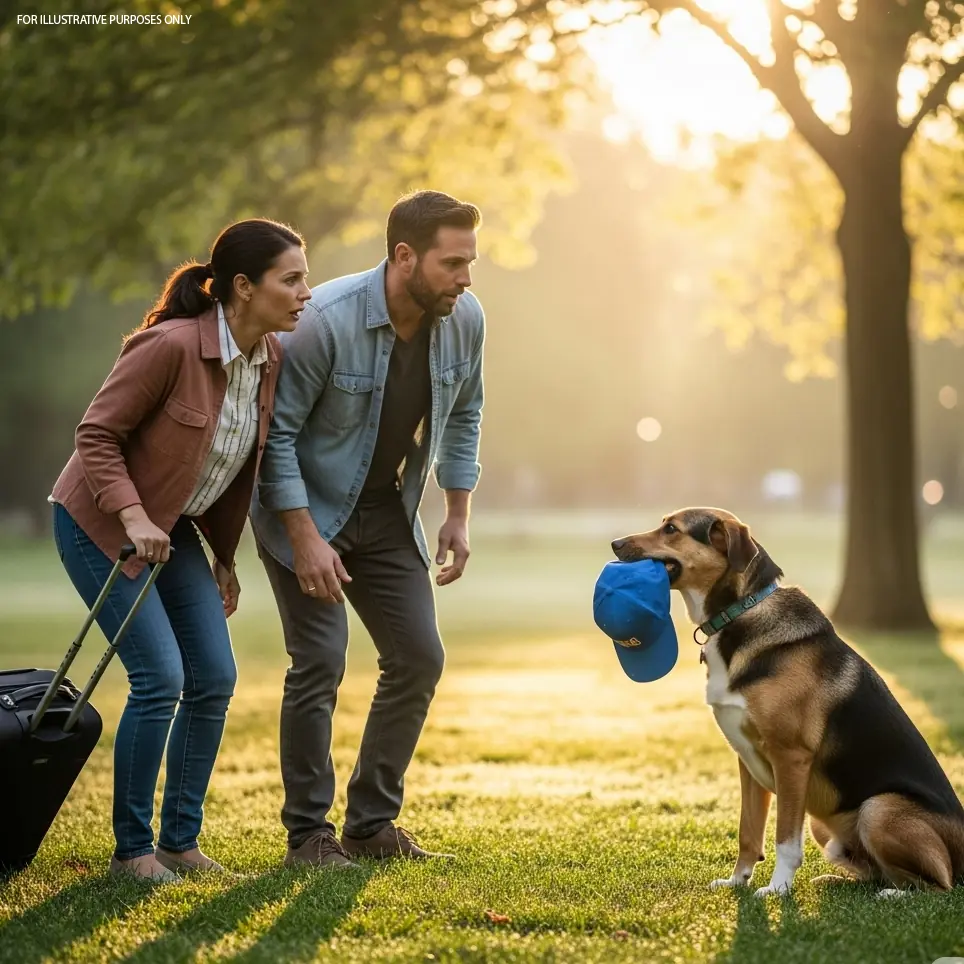
 Part I: The Car That I Loved
Part I: The Car That I Loved